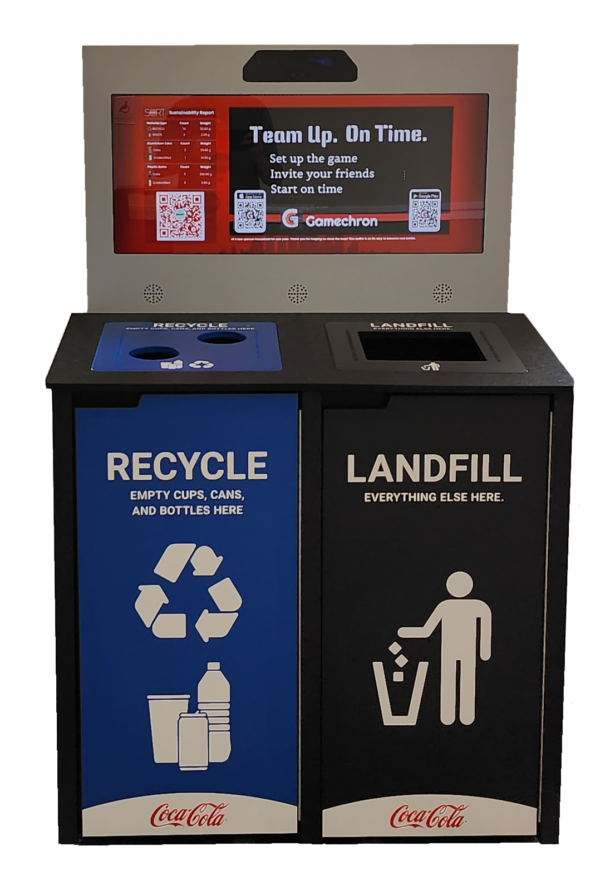Recycling has come a long way since its humble beginnings as a manual sorting process. With advancements in technology, the recycling industry in the USA has witnessed a remarkable transformation. From automated sorting systems to smart waste management solutions, these innovations are revolutionizing the way we recycle and paving the way for a more efficient and sustainable future. Let’s explore some of the cutting-edge recycling technologies that are reshaping the industry in the USA.
One of the most significant advancements in recycling technology is the introduction of automated sorting systems. Traditionally, recycling facilities relied on manual labor to sort different types of recyclables. However, with the help of advanced sensors, optical scanners, and robotic arms, these automated systems can now identify and sort various materials with incredible speed and accuracy. This not only reduces the reliance on manual labor but also improves the efficiency and effectiveness of the recycling process.
AI and machine learning technologies are playing a crucial role in revolutionizing recycling in the USA. By analyzing vast amounts of data, these technologies can optimize recycling operations, predict market trends, and improve sorting accuracy. AI-powered machines can quickly identify and separate different types of materials, such as plastic, glass, and metal, ensuring that each item is recycled correctly. Moreover, machine learning algorithms can continuously learn and adapt to new recycling challenges, making the process more efficient and precise over time.
Technology is also transforming waste management systems, making them smarter and more effective. Smart waste bins equipped with sensors and built-in compaction mechanisms can monitor waste levels in real-time, optimizing collection routes and reducing unnecessary pickups. These innovative bins can also send data to waste management companies, enabling them to improve operational efficiency and reduce costs. Additionally, smart waste management solutions can provide valuable insights into recycling habits and help communities track their progress toward sustainability goals.
Chemical recycling is an emerging technology that has the potential to revolutionize the recycling industry in the USA. Unlike traditional mechanical recycling, which relies on melting and reshaping plastic materials, chemical recycling breaks down plastics into their chemical components. These components can then be used to create new materials, such as fuels or raw materials for manufacturing. Chemical recycling offers a solution for recycling complex or contaminated plastics that are difficult to recycle using conventional methods, expanding the range of recyclable materials and reducing waste.
With the rapid growth of electronic devices, e-waste has become a significant environmental concern. To address this issue, innovative technologies are being developed to recycle electronic waste more efficiently. For example, specialized machines can disassemble electronic devices, reclaim valuable metals and components, and ensure that hazardous materials are safely disposed of. These advancements in e-waste recycling not only reduce the environmental impact of discarded electronics but also promote the recovery of precious resources.
These are just a few examples of how technology is revolutionizing the recycling industry in the USA. As these innovations continue to evolve, they hold the potential to enhance the efficiency, accuracy, and sustainability of recycling processes. By embracing these technologies, we can overcome recycling challenges, reduce waste, and create a more circular economy.
However, it’s important to note that while technology plays a crucial role, individual actions and awareness are equally important. Proper sorting, reducing consumption, and supporting local recycling programs are essential steps that every individual can take to contribute to the success of these recycling innovations. Together, we can harness the power of technology and work towards a more sustainable and environmentally conscious future.




